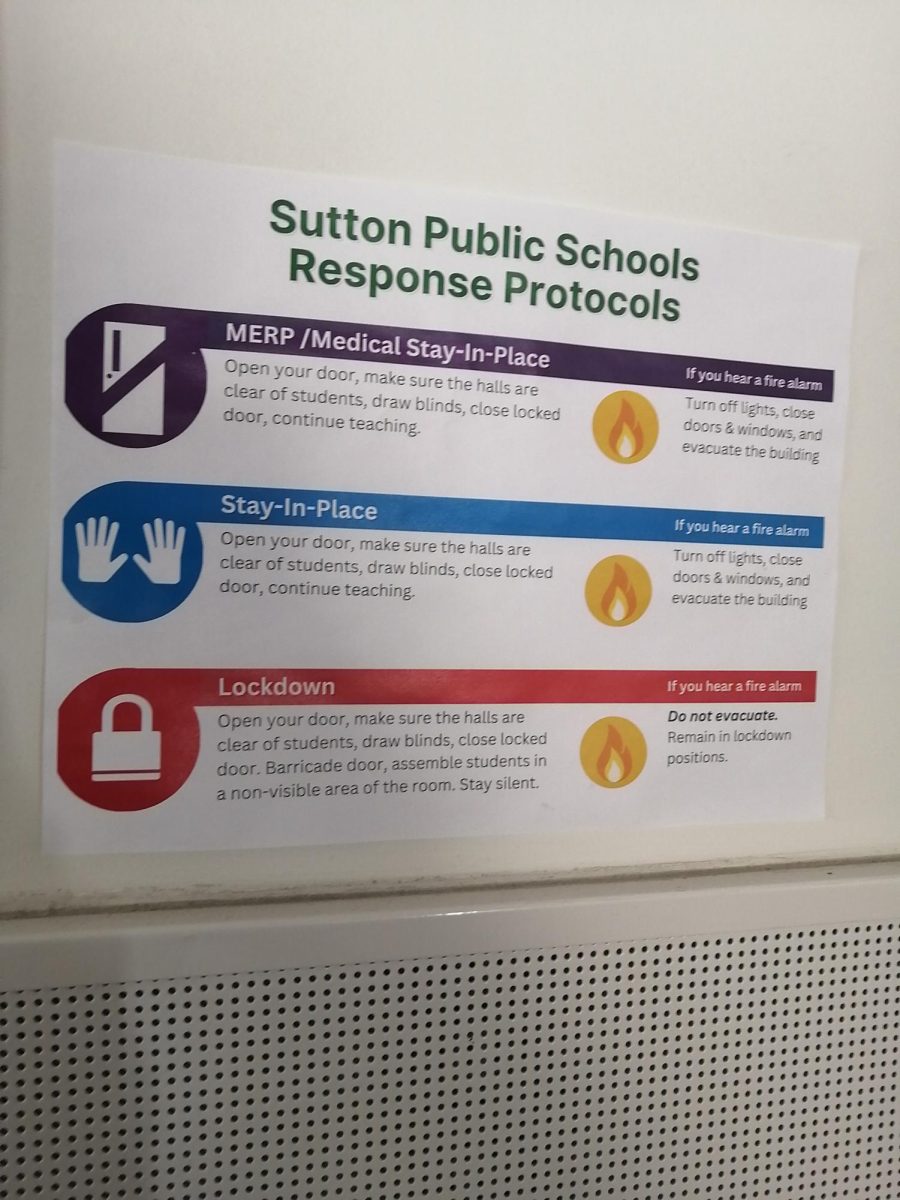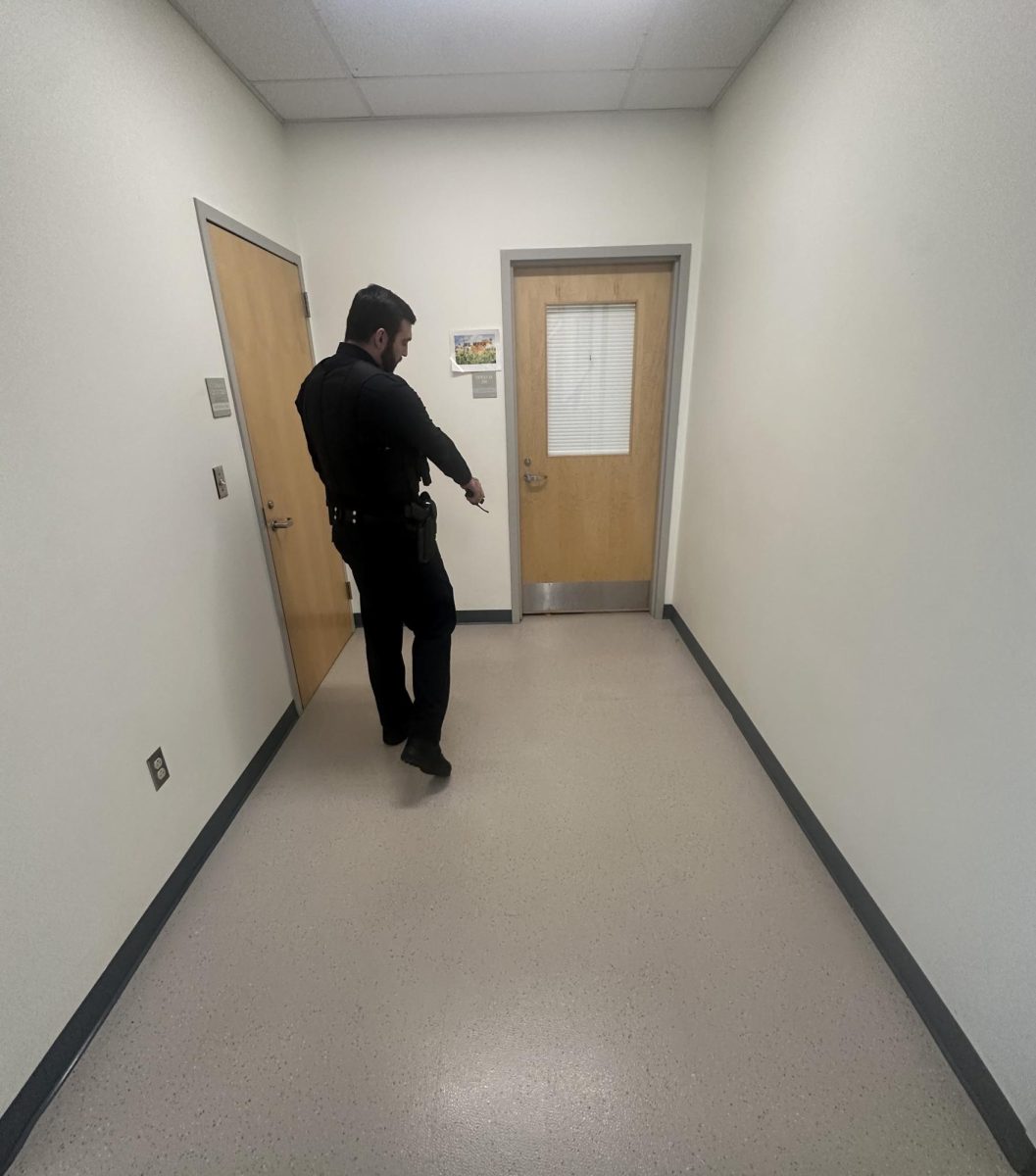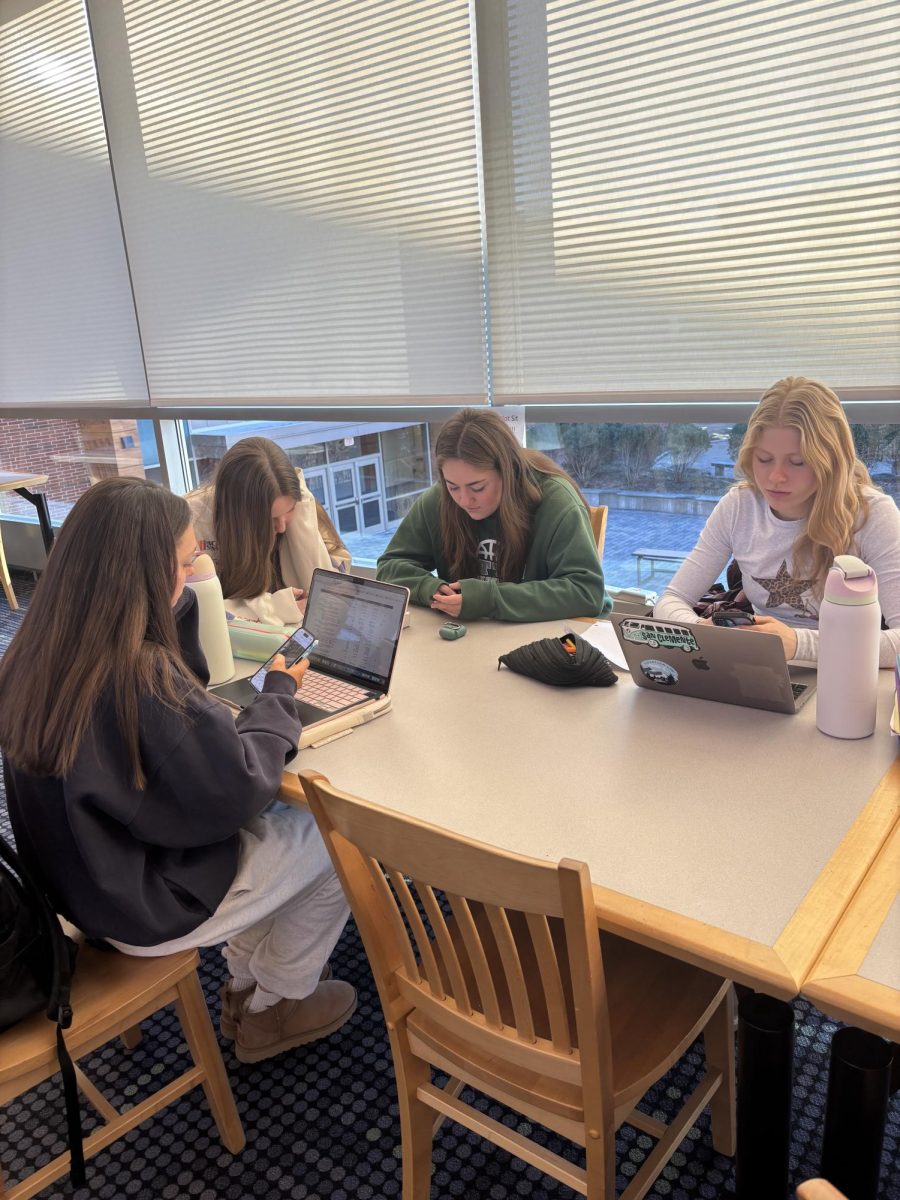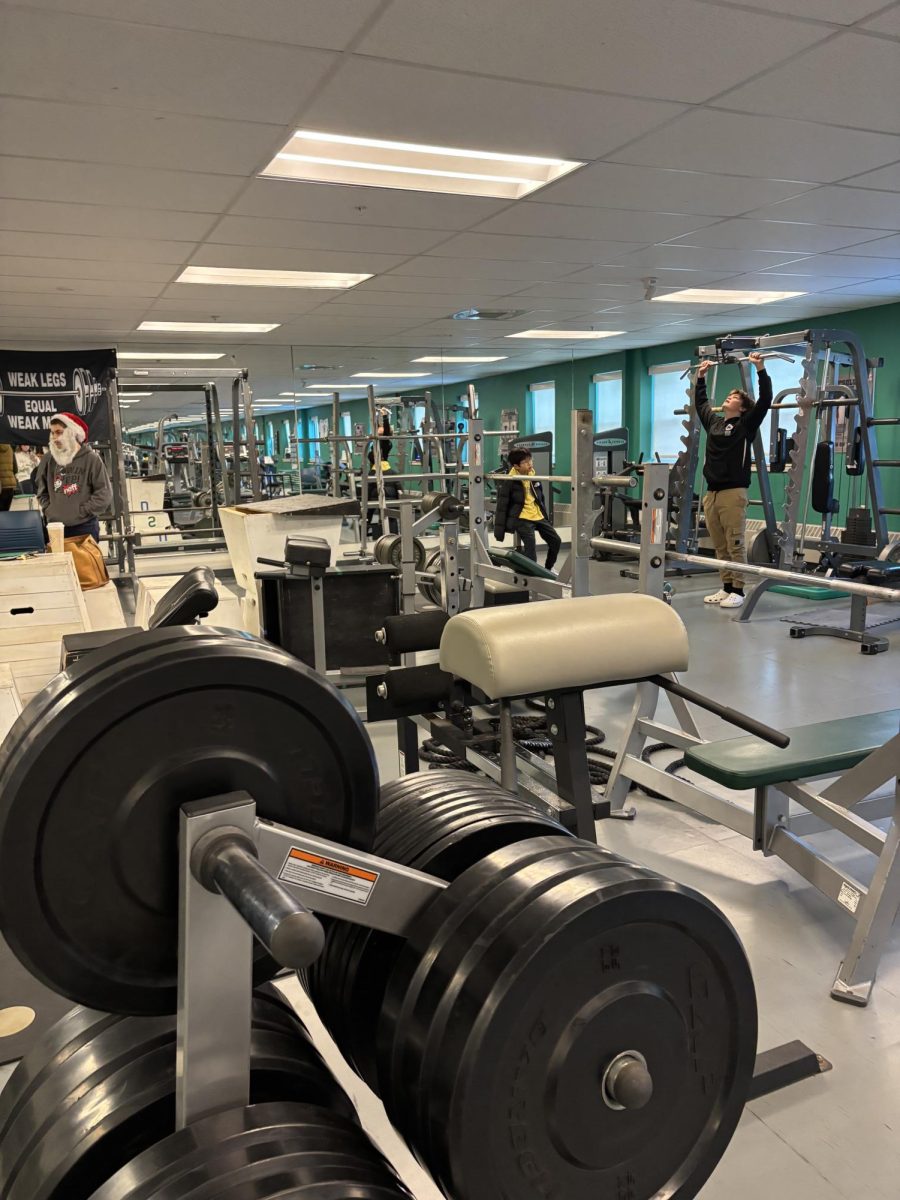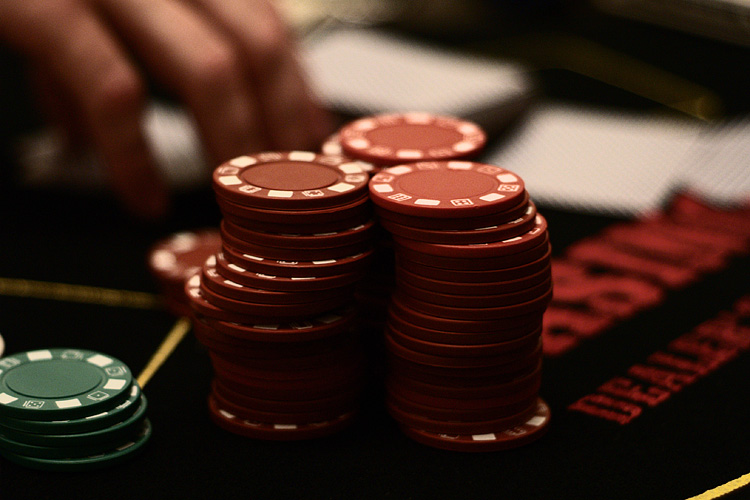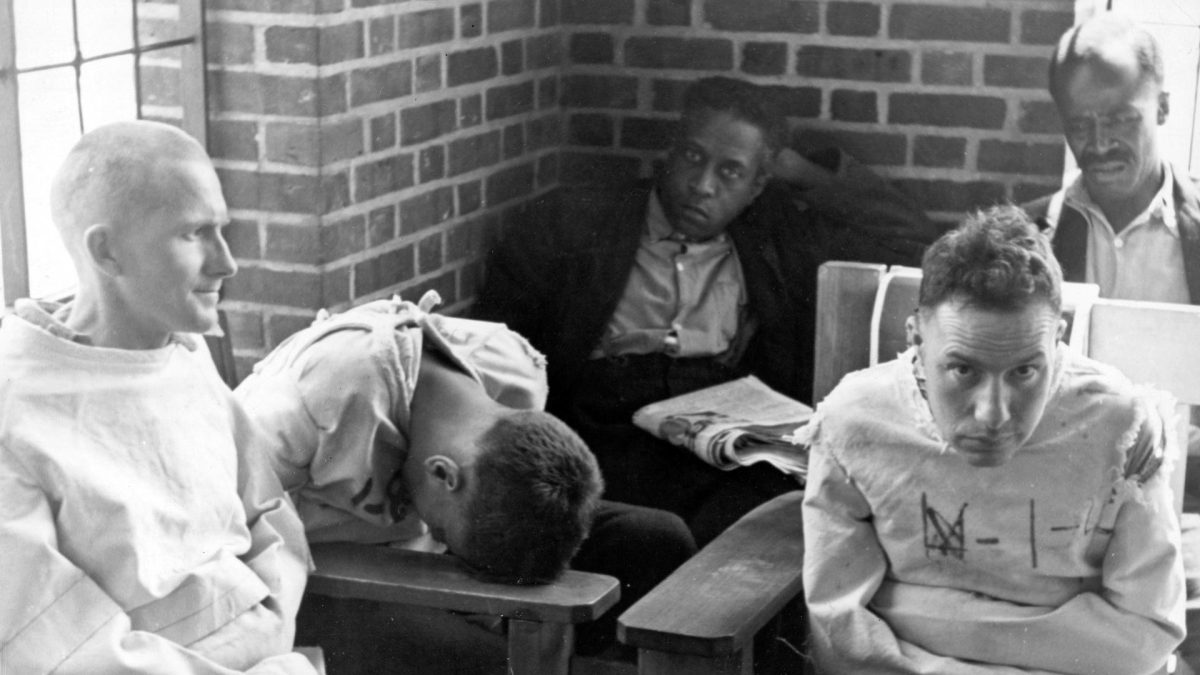Guns In School: The Role of Mental Health
Should Mental Health be Taken Seriously?
June 8, 2023
There have been 24 school shootings so far in 2023, killing and injuring teachers and students in American schools. With every shooting, we are all left to wonder why someone commits such a horrible act. What are they thinking and feeling?
It is necessary to investigate the mental state and mental health of the shooter so we can better understand them. We can also hopefully work to prevent these shootings by better understanding what leads a school shooter to do this.
Many studies have tried to figure out the role mental health plays in a school shooting. A study looking at data from the Columbia Mass Murder Database found that the majority of school shooters (92%) did not suffer from psychosis or other serious mental illnesses like schizophrenia. 25 % of shooters suffered from less severe mental illnesses like depression and anxiety.
The study analyzed 82 mass murders in academic settings and found that 100% of the shootings were committed by males of whom 66.7% were white. 63% of the murders involve firearms. Over half of the shooters (67%) took their own lives at the scene of the mass shooting. This study concluded that when studying these mass shooters, more focus needs to be given to the cultural and social driving forces behind these shootings and not just on mental illness.
After years of research of mass shooters, and trying to understand their mental health and state of mind, experts have identified four “defining moments” that most shooters will have experienced in their lives before carrying out a shooting. The first is early childhood trauma. It’s been found that 42% of all shooters are victims of physical abuse, sexual abuse, parental suicide, or severe bullying at sometime in their lives. These traumas can all have negative effects on a person’s mental health.
Second is that the shooter has experienced a crisis, like the loss of a job, a breakup, feelings of hopelessness, or a suicidal crisis. Studies show that 72% of shooters were suicidal at the time they carried out the shooting.
The third defining moment is that suicidal thoughts lead to radicalization, where the shooter gets the thoughts that committing the shooting is a good idea. They might search for guidance and ideas on the internet.
Number four defining moment is access to a firearm. It was found that 77% of shooters got their guns through a legal purchase.
All this research shows us that we need to be better at addressing these four experiences and helping the people that have been through them to better prevent the shooting.
When talking about the role that mental health plays in shootings, what else can we do to try to help stop school shootings before they happen? Experts say it’s most important to pay attention to any signs of disturbing behavior that someone might show. When studying the mental health of shooters, studies show that the best predictor for whether someone will commit violence like a school shooting is if they have had prior violent behavior.
Bad mental health can’t be looked at as the only cause, though, because researchers say mental health issues don’t cause school shootings as only a tiny percentage of kids with psychological issues go on to become school shooters. Mental health problems like depression and suicidal thoughts do need to be seen as a risk factor for mass shooters because they can make a person unable to deal with other stresses in their lives.
A study by the US Secret service and US department of Education found that ¾ of school shooters had been bullied at school. We need to be better at identifying when kids are being bullied and help them.
Therefore, a key to prevention must involve observing when a young person is struggling alone, notice their often change in behavior, and get them help.


